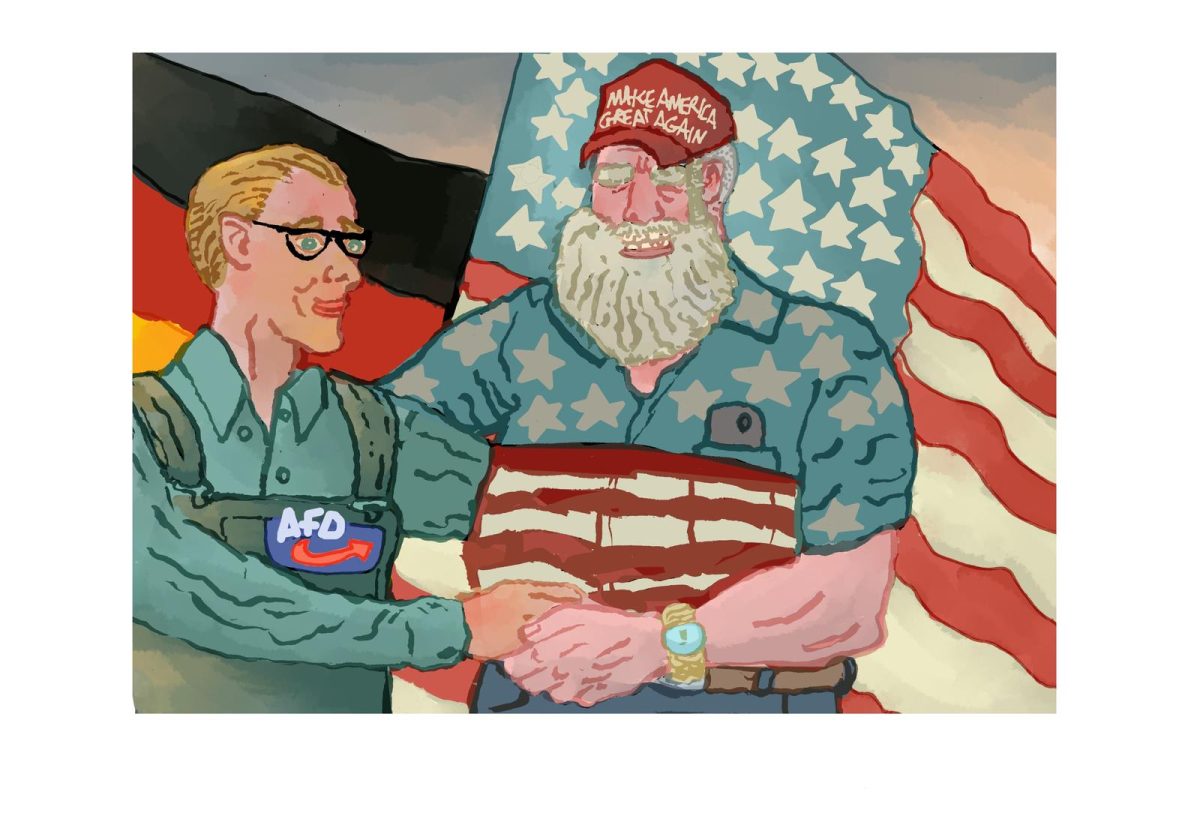Antoine Abou-Diwan
Contributing reporter
In an address to American Society of Newspaper Editors in 1925, President Calvin Coolidge said, “The chief business of the Americ
an people is business.” This succinct statement defined America’s strengths for decades. Unfortunately, the idea behind Coolidge’s brilliant statement has been hijacked by business interests whose mandate to enhance shareholder value overshadows any sense of ethics that they may once have upheld.
Plenty has been written about what led us—and the rest of the world—into the recession. Unbridled greed—combined with lax oversight—pushed mortgage lenders to make loans to people who did not have the means to pay their mortgage. Unbridled greed compelled Wall Street to bundle bad loans and sell them as investments. The fallout from the subprime fiasco is still playing out. Unfortunately, the mortgage industry’s reckless disregard for its customers, common sense and ethics is a reflection of the philosophy that drives big business these days: make money at all costs, consequences be damned.
Examples are too easy to find. According to the UCLA Center for Health Policy Research’s report released this month, 24 percent in California are without health insurance. Nearly one in three were without insurance for a part of 2009, and the percentage of uninsured children climbed from 10.2 percent in 2007 to 13.4 percent in 2009. With times as dire as they are, it is only natural that we all tighten our belts. We should expect the companies that serve us to do the same, right? Judging by their actions, they seem to think otherwise. After posting impressive profits last year, Anthem Blue Cross is raising its rates, and other insurers are expected to follow suit.
The sense of anger and outrage at large institutions—some of which are deemed too big to fail—is palpable. Some homeowners who feel that they got a raw deal are walking away from homes that are “upside down,” that is, they owe more on the home than it is worth. The
y feel that they were duped into risky, difficult-to-understand and just plain bad loans by greedy institutions that were only concerned in closing the deal. Though these homeowners can still afford their monthly payments, they don’t feel it’s in their interest to play by the rules when they see how the lenders got away with their misdeeds—and rewarded their top employees with hefty bonuses.
And small businesses that likely played by the rules are finding it difficult to obtain financing from conventional banks—banks that made bad loans left and right and were likely bailed out when things went sour.
Two weeks ago, The Los Angeles Times reported about a small aircraft repair shop that was unable to obtain financing to expand its business. It was deemed too risky on account of the thousands of dollars the company spent on health insurance for its employees every month. As the saying goes, “no good deed goes unpunished.”
Coolidge believed that businessmen and capitalists had the power to enhance the nation that offered them so much opportunity. “In all experience, the accumulation of wealth means the multiplication of schools, the increase of knowledge, the dissemination of intelligence, the encouragement of science, the broadening of outlook, the expansion of liberties, the widening of cultures.” In other words, a rising tide lifts all ships. Unfortunately, the opposite is now the case. Our schools are underfunded and underperforming, and our prison population is growing.
In the same speech, Coolidge went on to say, “Of course, the accumulation of wealth can not be justified as the chief end of existence. So long as wealth is made the means and not the end, we will not greatly fear it.”
Looking around, it’s hard to say that wealth has become anything but an end for a smaller and smaller percentage of people.





